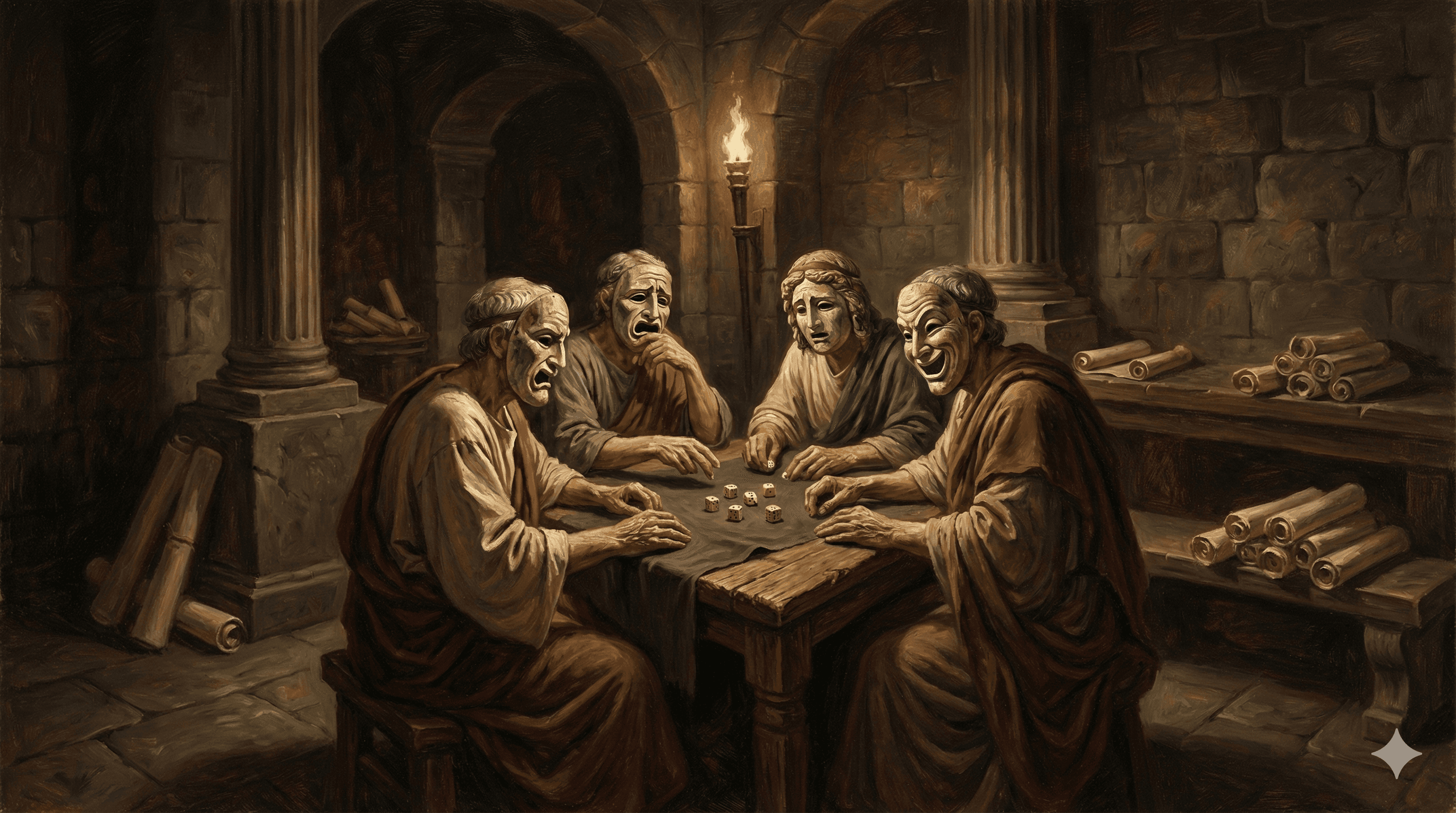

Mar 28, 2023
ERCs: An Overview of the Most Widely Used Token Standards
Taking a look at the most common ERCs standards.
First of all, an ERC (Ethereum Request for Comment) is a standard that defines a set of rules and guidelines. ERCs are used to ensure interoperability and compatibility between different blockchain apps and assets, such as tokens, making it easier for tokens to be exchanged and used across various applications and platforms. While ERCs are Ethereum-specific token standards, many can be used on other compatible blockchain networks, including Polygon, Optimism, BSC, Avalanche, etc.
The main types of NFT contracts are ERC-721 and ERC-1155. Each of these contracts has its own set of rules and features that distinguish it from the others. The ERC-721 is the most widely used NFT contract and is designed to create unique, one-of-a-kind tokens. In contrast, ERC-1155 is designed to create both unique and fungible tokens, meaning that some tokens can be identical while others are unique.
Recently, several standards have been created as extensions of ERC-721. Among them are:
- ERC-2309: This standard aims to define a common format for events emitted during the creation or transfer of NFTs that use consecutive token identifiers. It specifies that when an NFT contract creates or transfers one or more NFTs with consecutive token IDs, the contract must emit a specific event with information about the transaction, such as the sender's address, the receiver's address, and the number of tokens transferred.
- ERC-4907: The proposed ERC-4907 standard adds a new role to ERC-721 that could be called the "TimeLimitedRole." This role is intended to provide a way to grant temporary access to an NFT, with restricted permissions, to a third-party user for a specified period of time. This standard is related to renting, lending and delegation of NFTs.
- ERC-721A: is an improved implementation of the ERC-721 standard that supports multiple tokens for close to the cost of one.
-
At WakeUp Labs, our platform facilitates the minting of tokens that can be rented, lent, and delegated. We are building APIs on top of the ERC-4907 and other ERC standards to enable your project to utilize these types of tokens and incorporate various tools and features of the web3 ecosystem.
First of all, an ERC (Ethereum Request for Comment) is a standard that defines a set of rules and guidelines. ERCs are used to ensure interoperability and compatibility between different blockchain apps and assets, such as tokens, making it easier for tokens to be exchanged and used across various applications and platforms. While ERCs are Ethereum-specific token standards, many can be used on other compatible blockchain networks, including Polygon, Optimism, BSC, Avalanche, etc.
The main types of NFT contracts are ERC-721 and ERC-1155. Each of these contracts has its own set of rules and features that distinguish it from the others. The ERC-721 is the most widely used NFT contract and is designed to create unique, one-of-a-kind tokens. In contrast, ERC-1155 is designed to create both unique and fungible tokens, meaning that some tokens can be identical while others are unique.
Recently, several standards have been created as extensions of ERC-721. Among them are:
- ERC-2309: This standard aims to define a common format for events emitted during the creation or transfer of NFTs that use consecutive token identifiers. It specifies that when an NFT contract creates or transfers one or more NFTs with consecutive token IDs, the contract must emit a specific event with information about the transaction, such as the sender's address, the receiver's address, and the number of tokens transferred.
- ERC-4907: The proposed ERC-4907 standard adds a new role to ERC-721 that could be called the "TimeLimitedRole." This role is intended to provide a way to grant temporary access to an NFT, with restricted permissions, to a third-party user for a specified period of time. This standard is related to renting, lending and delegation of NFTs.
- ERC-721A: is an improved implementation of the ERC-721 standard that supports multiple tokens for close to the cost of one.
-
At WakeUp Labs, our platform facilitates the minting of tokens that can be rented, lent, and delegated. We are building APIs on top of the ERC-4907 and other ERC standards to enable your project to utilize these types of tokens and incorporate various tools and features of the web3 ecosystem.



